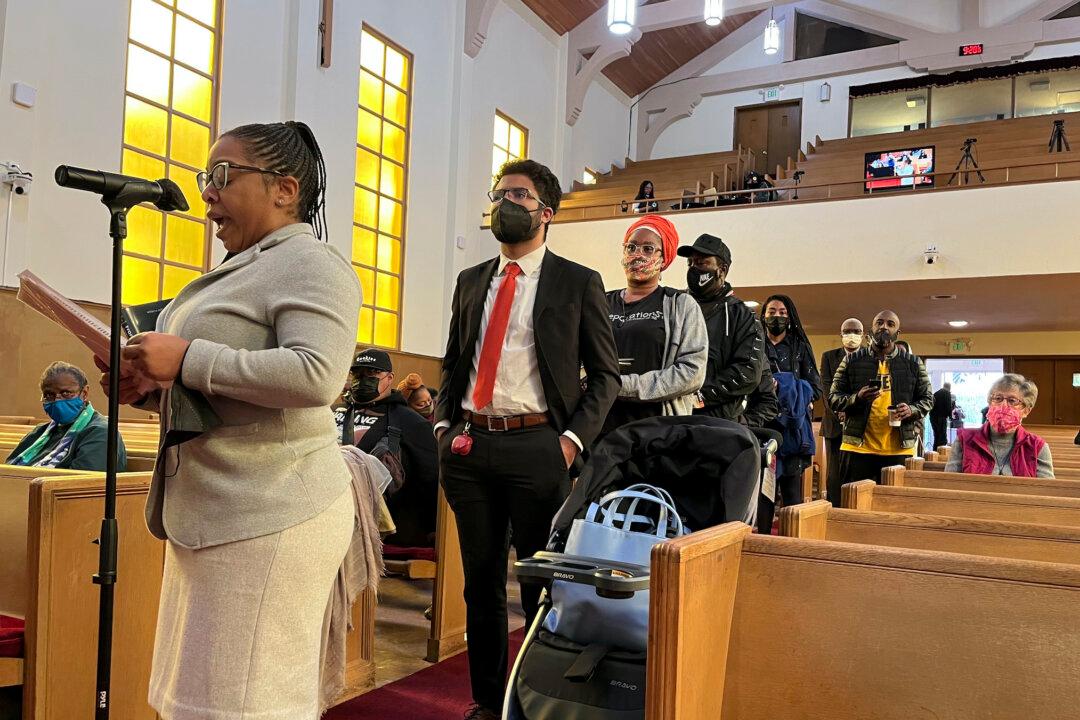Commentary
When the California Reparations Task Force released its Full Interim Report in June, I wrote in The Epoch Times, “California Reparations Report Ignores What’s Really Going On.” The conclusion: “The report’s solutions are a mishmash of socialist utopian thinking, biased history, and a failure to take up the ideas of conservatives, libertarians, and even liberal reformers. The final report coming out next year promises to be even worse.”





